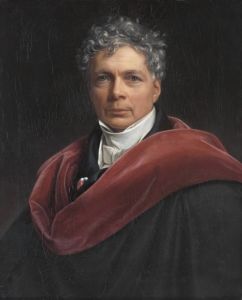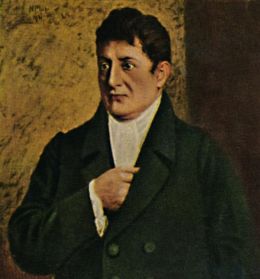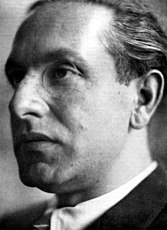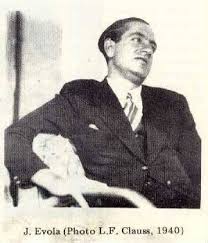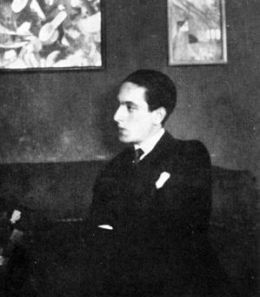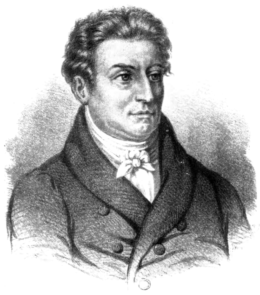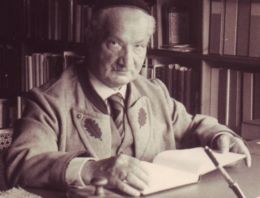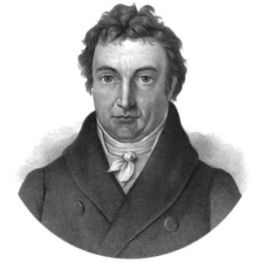5,320 words
Part 2 of 2 (Part 1 here)
In the first part of this essay I introduced readers to Schelling, who is one of the first philosophers to react against what Heideggereans have called “the metaphysics of presence”: the hidden will in Western metaphysics that gives primacy to human subjectivity, adjusting our understanding of the Being of beings to the human desire that beings should be completely transparent to us, hiding nothing, and readily available for our manipulation. In response to this, Schelling argues that it is nature, not human subjectivity, that should be the starting point of philosophy. (more…)
